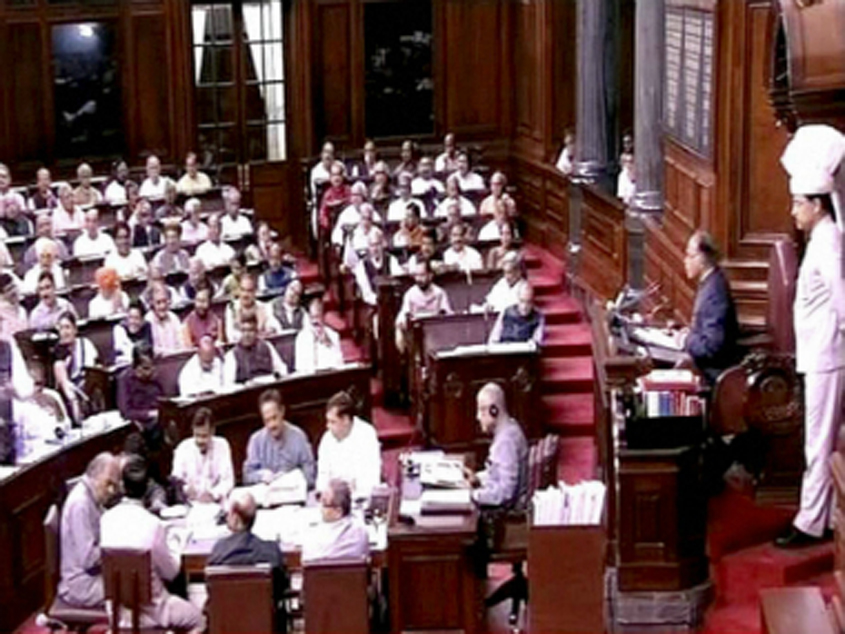Psychiatrists are waiting for the Mental Health Care Bill, 2013 to make its way through Parliament, even as questions are already being raised about its effective implementation in the future. The Bill aims to streamline the mental healthcare system in the country. Meanwhile, psychiatrists in Delhi are reporting a steady increase in the number of mental health cases primarily because of a rise in the awareness of different kinds of mental illness.
Speaking about Mental Health Care Bill, 2013, Dr Nimesh G. Desai, director, Institute of Human Behaviour and Allied Sciences (IHBAS), said, “The current bill is a game changer for the nation. But there remains a feeling of antagonism in the way the bill has dealt with the psychiatrists’ lobby. Some objections have been made in the new bill that I feel require wider discussions on an open platform.”
The Mental Health Care Bill, 2013 was passed by Rajya Sabha in August this year and is yet to be discussed in Lok Sabha. The Bill seeks to replace the Mental Health Act, 1987. In 2007, India ratified the United Nations Convention on the Rights of Persons with Disabilities, which required signatory countries to change their laws to give effect to the rights of persons with mental illness. It was believed that the 1987 Act did not adequately protect these rights.
Dr R.K. Chadda, Professor of Psychiatry, AIIMS, said, “The provisions of the new bill are progressive, but mainly deal with psychiatrists and patients, though there are other equally important stakeholders such as psychologists, NGOs, counsellors etc. This is why the psychiatrists’ lobby feels that they had been singled out in the whole process. No psychiatrist will say that the bill is wrong because it’s not, but there is a lot more room for improvement.”
Dr Desai said, “The Bill does not provide expenditure to meet its obligations. Since health is a state subject, not all states can be expected to meet the financial requirements, which is why the Centre will have to offer a helping hand, but there is no mention of that.”
However, Dr Rajesh Nagpal, a Delhi-based psychiatrist, said, “The Bill will take its due course. We are patiently waiting for it. As for the differences in opinion about the provisions of the bill, all this is part of our democratic process. There cannot be 100% agreement since psychiatrists are not the only people who are part of the complete mental healthcare system. There is no antagonism.”
Dr Sangeetha Sharma, Head of Department of Neuropsychopharmacology, IHBAS, said, “There are many private psychiatry clinics you can go to, but IHBAS is the only government facility in the national capital. Here, too, we have started to get more patients and are maintaining a waiting list.” However, she added, “Almost 77% of people who have diagnosable mental health problems do not receive any treatment. The figures are getting better, but there still remains a large number of clients who are stuck in stigma.”

